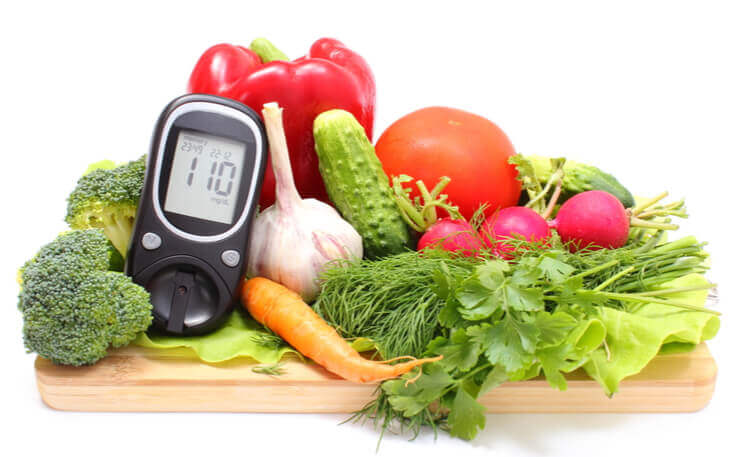Several symptoms can indicate high blood sugar. Here are 14 signs of hyperglycemia and what foods can help reduce it. Blood sugar is the amount of sugar in your blood. So, when the sugar level increases, it leads to hyperglycemia. This condition is therefore characterized by an abnormally high concentration of glucose in the blood. According to the federation of diabetics, when it is punctual, and as long as it is not more than 5g / l, it does not cause serious short-term consequences. However, if the hyperglycemia continues, it can be particularly harmful to health, going as far as to endanger the lives of people who suffer from it. To prevent it, discover 14 symptoms of the disease and the foods to favor.
The diagnosis of diabetes is established when the fasting blood sugar is greater than 7mmol / l, or 1.26g / l. Generally, the main causes of hyperglycemia are a diet rich in carbohydrates, a lack of physical activity, poor treatment to control diabetes, stress and taking certain drugs that promote the rise in blood sugar.
Also note that sometimes, some people wake up with high blood sugar when it was stable at bedtime. In reality, this is due to what is called the dawn phenomenon. The latter is characterized by the release of cortisol and adrenaline late in the night to prepare the body for waking up. However, these two hormones promote the release of glucose by the liver, which can ultimately increase blood sugar upon waking.
Another factor that can increase blood sugar is rebound hyperglycemia. This also nocturnal phenomenon is characterized by a rebound morning hyperglycemia after hypoglycemia. Otherwise known as the Somogyi effect, this effect generally reveals an imbalance between the dose of insulin administered and the actual needs of the patient.
The main symptoms of hyperglycemia:
These signs may differ from one person to another, but any manifestation of one or more symptoms requires immediate consultation with a specialist.
- A feeling of intense thirst
- Frequent headaches
- Nervous disorders
- Sleep disturbances
- Impaired vision
- Unexplained fatigue
- Sudden weight loss
- Digestive system disorders (constipation or chronic diarrhea)
- Slow healing of wounds and wounds
- A frequent need to urinate
- Kidney problems
- Erectile dysfunction
- Itching, dry skin, skin infections
- Frequent vaginal infections
To control blood sugar and take care of your health, it is advisable to opt for a healthy diet and favor nutritious foods such as:
- Wholemeal bread and barley bread
- Quinoa
- Legumes (lentils, chickpeas, white beans, beans)
- Vegetables (it is better to opt for green vegetables such as broccoli)
- Fruits (low in fructose)
- Sweet potatoes with a white peel
- Linen sheaths, chia seeds and hemp seeds
- The peanuts
- Almond milk
- Cinnamon
To fight hyperglycemia, it is necessary to consume foods with a low glycemic index. This value was developed by Pr Jennie Brand-Miller, this 2006 Australian Prize finalist of the year is now internationally recognized for her work. Although the use of the glycemic index is disputed by some doctors because its use is accused of being limited, it is nonetheless reliable according to the expert at its origin.
How to prevent hyperglycemia?
In order to prevent hyperglycemia, it is important to reduce the consumption of foods that increase the sugar level such as: sodas and sugary drinks, sweet cookies, white potatoes, flour, sweet cereals or made from rice.
Finally, to avoid the rise in blood sugar and lower blood sugar, here are some tips to adopt everyday
- Opt for a healthy diet by stocking up on fiber, nutrients, vitamins and minerals
- Monitor the consumption of fruit rich in fructose
- Avoid consumption of fast sugars and saturated fats
- Practice regular physical activity
- Maintain a healthy weight
- Regularly check your blood sugar
Hyperglycemia can be controlled if the patient takes care to respect the prescriptions of his doctor and sticks to a balanced diet.


